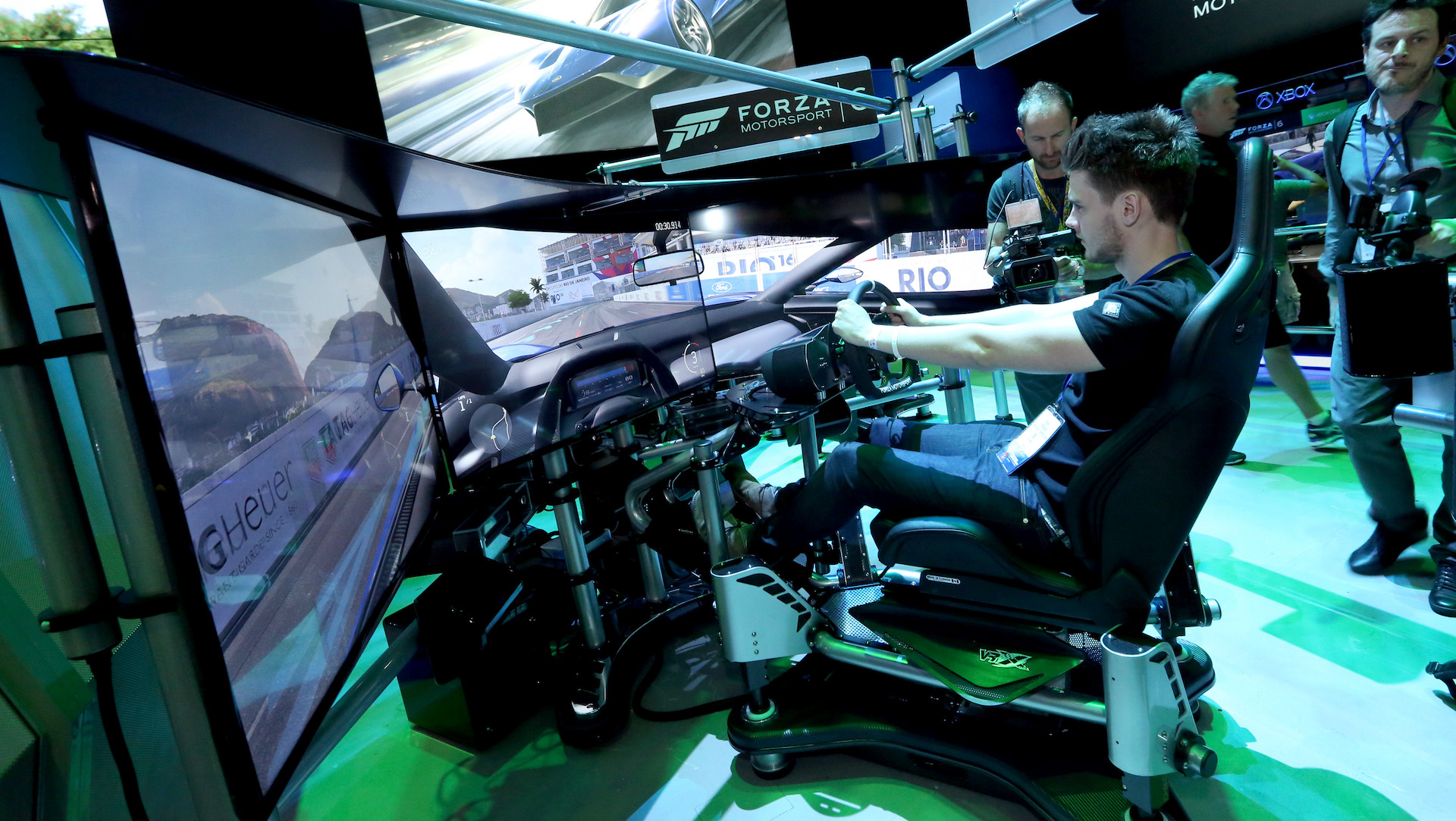

The world has been hit hard by the boredom bug—otherwise known as having to stay at home due to COVID-19. As a result, a lot of people have turned to electronics for relief—whether it be video games, computers, and general electronic purchases for entertainment. But as manufacturing capacity struggles to recover and demand continues to climb, the supply of crucial components has begun to dry up, and the automotive manufacturing industry is feeling the squeeze.
The almighty semiconductor: one of the most basic building blocks of modern electronics. Companies who produce semiconductors have been diverting their efforts to consumer electronics to fuel the new work-from-home lifestyle, leading to a shortage for other key industries, including the automotive segment.

The reality of a chip shortage has been predicted by automakers for some time now. In early December, a Volkswagen spokesperson warned of this very issue affecting global automotive production, though at the time it was unclear if the root cause stemmed from low-volume production or high demand.
“There have been warning signs about his for months,” said Center for Automotive Research Vice President, Kristin Dziczek, in a statement to the Associated Press. “There’s still some coming through, just not the volumes that they thought there would be.”
This has pushed automakers to ration their supply of electronics and strategically plan how to best maximize production while a production shortage continues to wreak havoc on the industry. In fact, companies like Fiat Chrysler have studied just how it could divert resources in a way that maximizes potential revenue . This means that some automakers have slowed (or effectively stopped ) production of slower-selling or less profitable vehicles to prioritize the manufacturing capability of more popular and profitable models. In other words, expect to see less sports cars and more SUVs for the immediate future.
Some automakers have even gone as far as to completely idle select assembly lines. FCA again, for example, has temporarily halted production at its production facility in Brampton, Ontario where it manufacturers the Dodge Charger and Challenger, as well as its Toluca facility in Mexico where the Jeep Compass calls home. Ford is taking a similar approach with its Louisville plant where it builds the Escape. Even Toyota confirmed to the Wall Street Journal that it plans to build 40 percent fewer Tundra pickups at its San Antonio, Texas plant this month, also due to the semiconductor shortage.
Vehicles have come a long way from carburetors and optional air conditioning. Modern vehicles are seemingly attempting to match compute power for horsepower as more advanced features become part of the vehicle’s core functionality. Consumers have become accustom to Bluetooth audio, memory seats, digital gauge clusters, and even Advanced Driver Assistance Systems (ADAS) which can provide certain amounts of partial driving automation. Cars are getting smarter, and that requires additional tech to make them function. And in a time where the demand for consumer goods has never been higher and the need to commute en masse has never been lower, the auto industry has drawn the short straw.
The situation is believed to be temporary, of course, but the overall impact to an industry which is already experiencing a downturn due to economic and COVID-19-related reasons is quite big. Still, despite setbacks both markets will continue to grow together, because as cars continue to become more dependent on electronics, the semiconductor industry will continue to flourish.
Got a tip? Send us a note: tips@thedrive.com